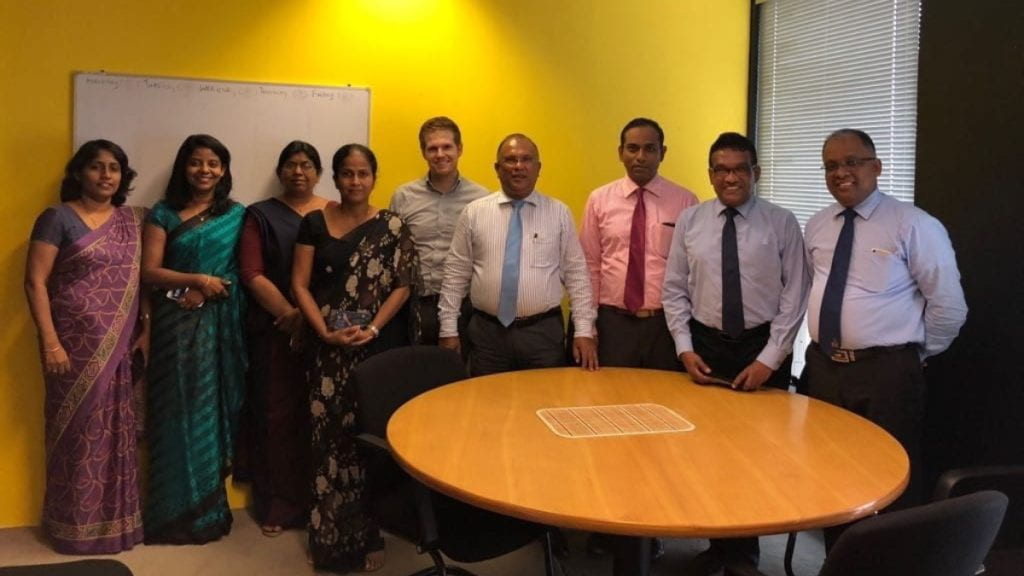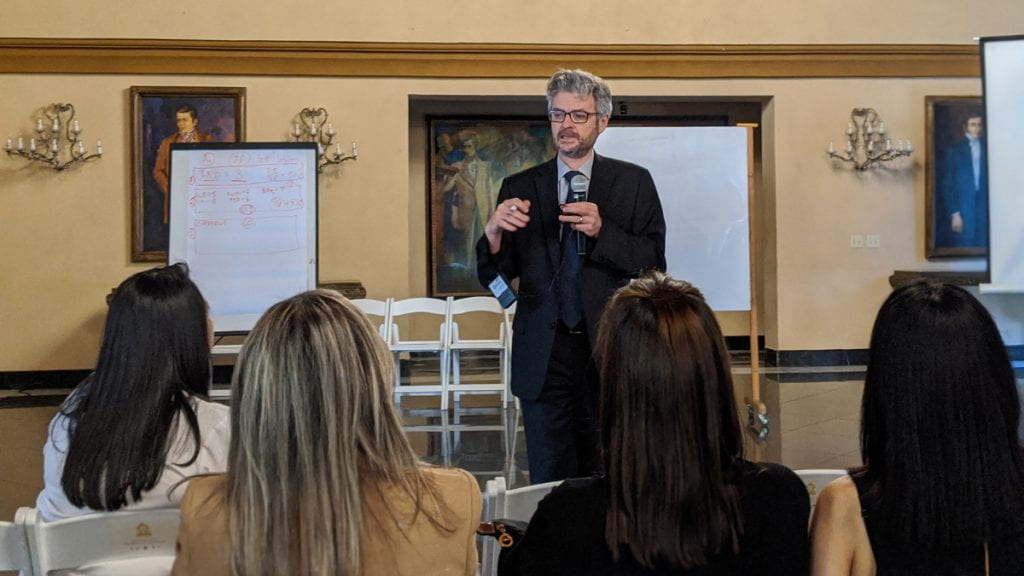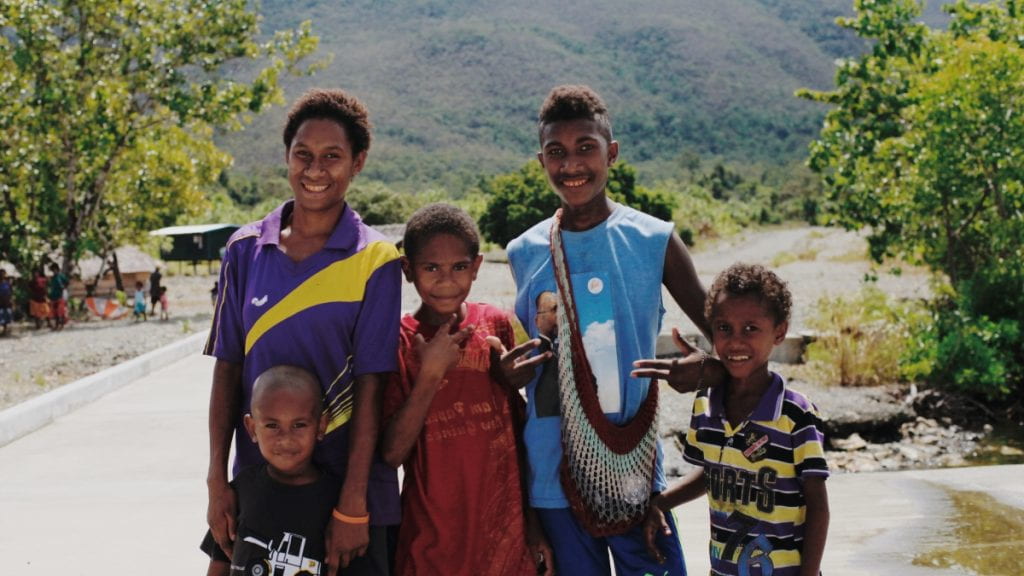Guest blog written by Alejandro Rueda, and Sonia M This is a team from Colombia. They successfully completed the 15-week Practice of PDIA online course that ended in December 2018. This is their story. Throughout 15 weeks, our team was able to identify the causes behind our problem, to elaborate on them, to design strategies, to iterate,…Continue Reading Family Farming in Colombia
Unravelling premature load bearing in Nigerian public institutions
Guest blog by Andrew Omoluabi,Folake Oluwayemisi Aliu, Saheed Mustafa, Ukeme E. Essien, Wakaso Semira,Oluyemisi Elizabeth Akpa This is a team working at WaterAid in Nigeria. They successfully completed the 15-week Practice of PDIA online course that ended in December 2018. This is their story. Propelled by the quest to gain a deeper understanding of the sharp variations…Continue Reading Unravelling premature load bearing in Nigerian public institutions
PDIA in Sri Lanka: Evaluating Potential Sites for New Industrial Zones

Guest blog written by Priyanka Samaraweera The Land Team (L team) consisted of government officials from multiple departments in the Board of Investment, Sri Lanka. This team was formed as a continuation of the Targeting Team in Phase 2 of the PDIA Sri Lanka project. The Targeting Team identified new priority sectors to diversify the economy….Continue Reading PDIA in Sri Lanka: Evaluating Potential Sites for New Industrial Zones
Higher Education Access in Ecuador
Guest blog by Daniela Espinosa Alarcón, Gabriela Suarez Buitron, Luis Fernando Ochoa, Verónica Villavicencio Pérez This is a team working at the National Secretariat of Higher Education and Technology in Ecuador. They successfully completed the 15-week Practice of PDIA online course that ended in December 2018. This is their story. Developing strategies based on identifying the…Continue Reading Higher Education Access in Ecuador
PDIA for Delivery Facilitation

written by Matt Andrews We at the Building State Capability program (BSC) have been working directly with governments for over a decade now; focused on helping agents in those governments build their capability to deliver for citizens and society. We are not consultants. We do not write purely academic papers, offer technical advice, or work…Continue Reading PDIA for Delivery Facilitation
PDIA in Sri Lanka: Attracting Anchor Investors in Solar Panel Manufacturing

Guest blog written by Ganga Palakatiya The Investor Engagement team (I team) consisted of government officials working at the Board of Investment, Sri Lanka, to diversify the economy by engaging new anchor investors and attracting Foreign Direct Investors (FDI) in new sectors. This was part of a PDIA engagement from May 2016 to September 2017. I team…Continue Reading PDIA in Sri Lanka: Attracting Anchor Investors in Solar Panel Manufacturing
Lack of Youth Participation in Papua New Guinea

Guest blog by Coletah Ronah Kibai, Kirk Gibson, Pricillar Napoleon, Andrew Lepani, Hannah Athaliah James, Hercules Jim, Maliwai Sasingian Many members of this team work for The Voice Inc. in Papua New Guinea. They successfully completed the 15-week Practice of PDIA online course that ended in December 2018. This is their story. Young people under…Continue Reading Lack of Youth Participation in Papua New Guinea
Solving the Problem of Blood Transfusion in India

Guest blog written by S. Subash, Vimala Devi Vidya and J. Ravishankar This is a team of physicians working as District Blood Transfusion Officers for Tamil Nadu AIDS Control Society (TANSACS) living in India. They successfully completed the 15-week Practice of PDIA online course that ended in December 2018. This is their story. We enrolled into the…Continue Reading Solving the Problem of Blood Transfusion in India
Budget Crisis in Nigeria
Guest blog written by Ajani Solomon Oluwatimilehin, Jil Faith Bandele, Olusegun Michael Bandele, Victory Oluwafunmilayo Bandele. This is a multidisciplinary team with different backgrounds living in Nigeria. They successfully completed the 15-week Practice of PDIA online course that ended in December 2018. This is their story. The common goal, the ideas shared, the meetings, the arguments,…Continue Reading Budget Crisis in Nigeria
Empowered to address the power problems in Honduras: A PDIA journey in progress

written by: Matt Andrews The energy sector in Honduras has a history of inefficiency. Financial and energy losses have festered for decades. Various reforms and interventions (often supported by external agents, like this World Bank project) have not solved the problem. In November 2018 a new unit in the President’s Office helped to mobilize a…Continue Reading Empowered to address the power problems in Honduras: A PDIA journey in progress
